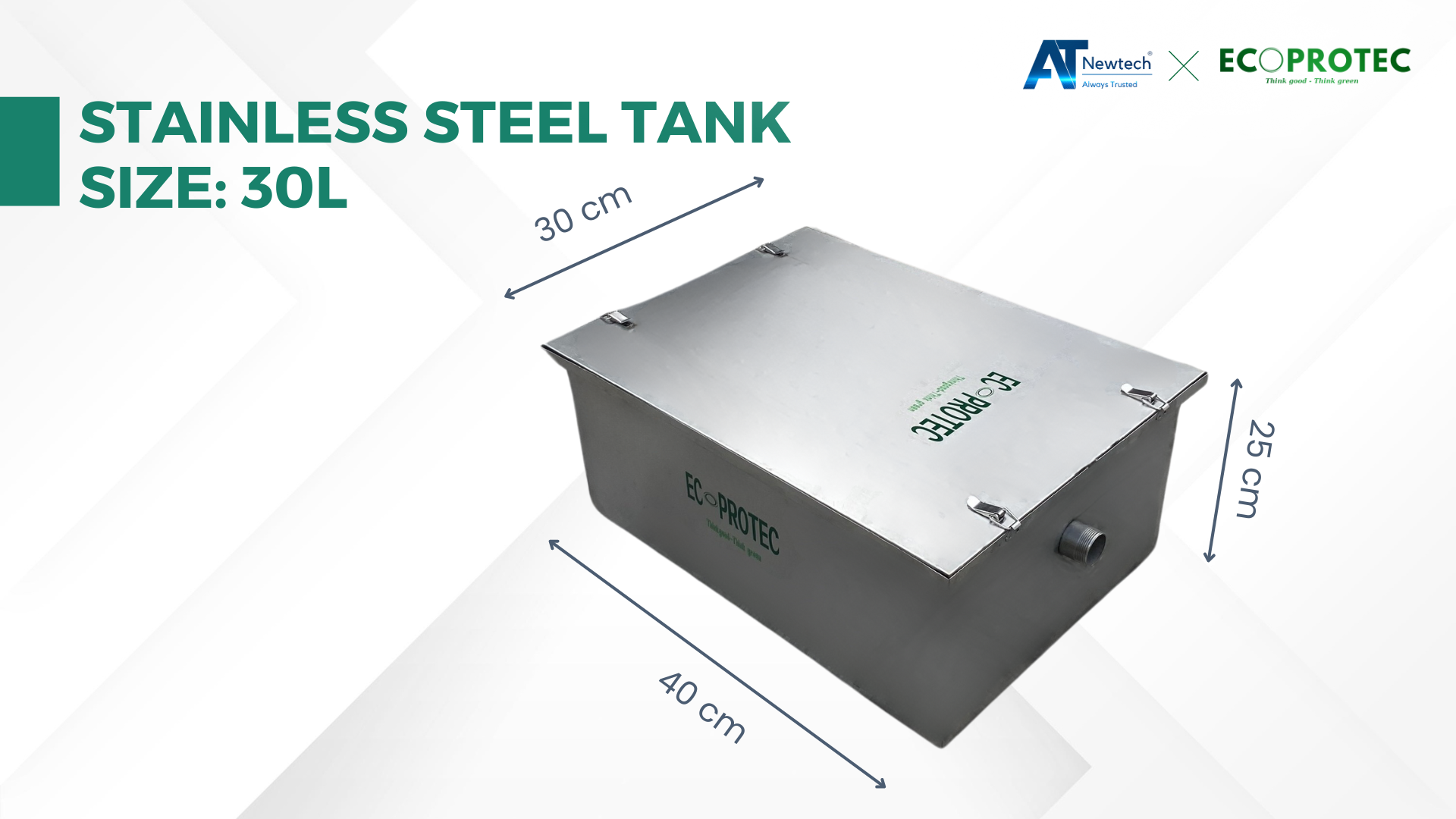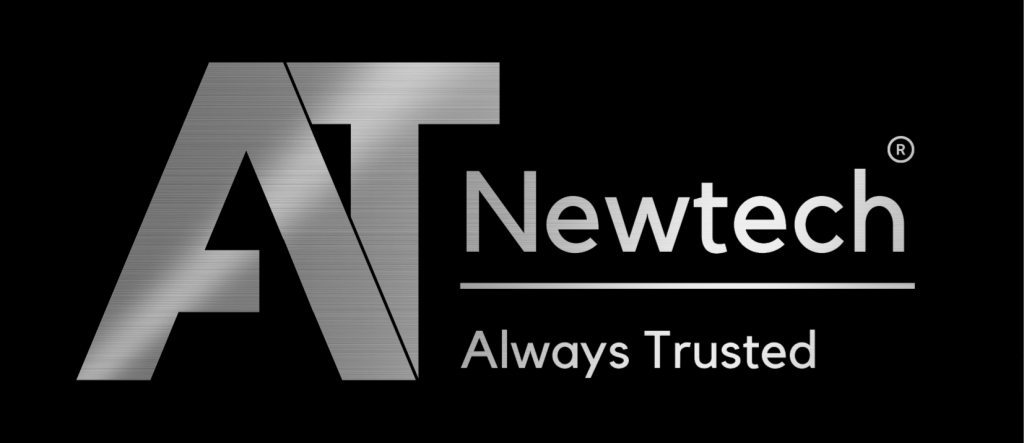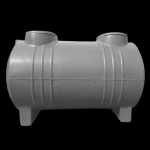Causes of Drainage System Clogs and the Role of Grease Traps
The drainage system plays a crucial role in industrial kitchens, restaurants, hotels, and food processing facilities. However, drainage blockages are a common issue, causing disruptions and costly repairs. Grease traps have emerged as an optimal solution to address this problem. Let’s explore the causes of blockages and the role of grease traps in the article below.
1. Causes of Drainage System Clogs
The drainage system frequently becomes clogged due to the following main causes, leading to significant inconvenience and repair costs for restaurants, hotels, and industrial kitchens:
1.1 Large
Waste such as vegetable peels, leftover food, or solid materials is carried along with wastewater during food preparation. If not properly filtered, these substances can easily accumulate in the pipes, creating severe blockages. In particular, the large amount of waste in industrial kitchens can lead to long-term, difficult-to-control issues.
1.2 Excess Grease and Oil

Grease and oil generated from cooking, frying, or cleaning kitchen utensils are not soluble in water. When discharged directly into the drainage system, grease adheres to the pipe walls and combines with waste, forming stubborn deposits. These layers gradually thicken, reducing water flow and causing severe blockages.
1.3 Lack of Waste Filtration Devices
The absence of specialized devices such as grease traps, grease interceptor boxes, or grease separator tanks increases the risk of blockages, especially in large kitchens where wastewater contains excessive grease and waste beyond the capacity of standard drainage systems.
1.4 Long-Term Accumulation in the System
Another common issue is the grease residue and small waste that are not immediately treated. Over time, they accumulate in the system, forming hard-to-handle blockages that disrupt the operation of the entire drainage system.
1.1 Large
During food processing, waste such as vegetable peels, leftover food, and solids are often carried away with wastewater. If not properly filtered, they will accumulate in the pipes, causing severe blockages.
1.2 Excess Grease and Oil
Oils and fats from cooking and cleaning kitchen utensils cannot dissolve in water. When poured directly into the drain, they cling to the pipe walls, combining with waste to form stubborn clogs that reduce water flow and cause blockages in the system.
1.3 Lack of Waste Filtration Devices
The lack of specialized equipment such as grease traps, grease boxes, or grease interceptors makes the drainage system prone to blockages, especially in areas with large volumes of wastewater, such as industrial kitchens.
-
The Dangers of a Blocked Drainage System
-
Disruption of operations: Blockages prevent wastewater from flowing, disrupting the cooking and food processing processes.
-
Increased repair costs: Blocked pipes require high repair and maintenance costs.
-
Environmental pollution: Untreated wastewater causes contamination of water sources and the surrounding environment.
-
The Role of Grease Traps in Preventing Blockages
A grease trap is a specialized solution that helps remove oils, fats, and solid waste before wastewater is discharged into the drainage system. This device works based on the principle of gravity, effectively treating wastewater containing oils, fats, and waste.
3.1 Preventing Pipe Blockages
-
Effective grease separation: Since oil and grease are lighter than water, they are retained in the grease trap, preventing them from entering the drainage system.
-
Retaining solid waste: The filtering compartments are designed to trap leftover food and large waste, helping to reduce the risk of blockages.
3.2 Protecting the Drainage System
-
Increased pipe lifespan: Removing oils, fats, and solid waste helps maintain clear pipes, extending the lifespan of the drainage system.
-
Reduced maintenance costs: A clean, blockage-free drainage system helps lower repair and maintenance costs.
3.3 Contributing to Environmental Protection
-
Preventing water pollution: Improperly treated oils and fats can contaminate water sources. Using a grease trap helps ensure that wastewater meets standards before being discharged into the environment.
-
Maintaining environmental cleanliness: Minimizing unpleasant odors and waste spread from the drainage system.
-
How to Choose the Right Grease Trap
4.1 By Material
-
Premium stainless steel: Good heat resistance, high durability, and easy to clean.

-
Premium plastic: Reasonably priced, lightweight, and easy to install.
4.2 By Usage Scale
-
Sink grease trap: Suitable for households and small kitchens.
-
Industrial grease interceptor: Designed for restaurants, hotels, and large food processing facilities.
4.3 Choose a Trusted Brand
-
Ecoprotec: A brand offering high-quality grease trap products that meet hygiene standards and environmental protection requirements.
-
Ecoprotec – A Trusted Grease Trap Supplier
Ecoprotec is proud to offer a wide range of grease trap products, suitable for all needs, from household to industrial use. Our products not only ensure high quality but also provide support for installation and maintenance.
-
Hotline: 0368172226 / 0834473166
-
Website: atnewtech.vn
Contact us today for detailed consultation and the best price offers!
Grease traps not only help prevent blockages in the drainage system but also play a crucial role in protecting the environment and saving costs. Invest today to experience the difference!

 Composite Tank
Composite Tank Water tank cover.
Water tank cover. Kitchen equipment
Kitchen equipment Industrial water tank
Industrial water tank


